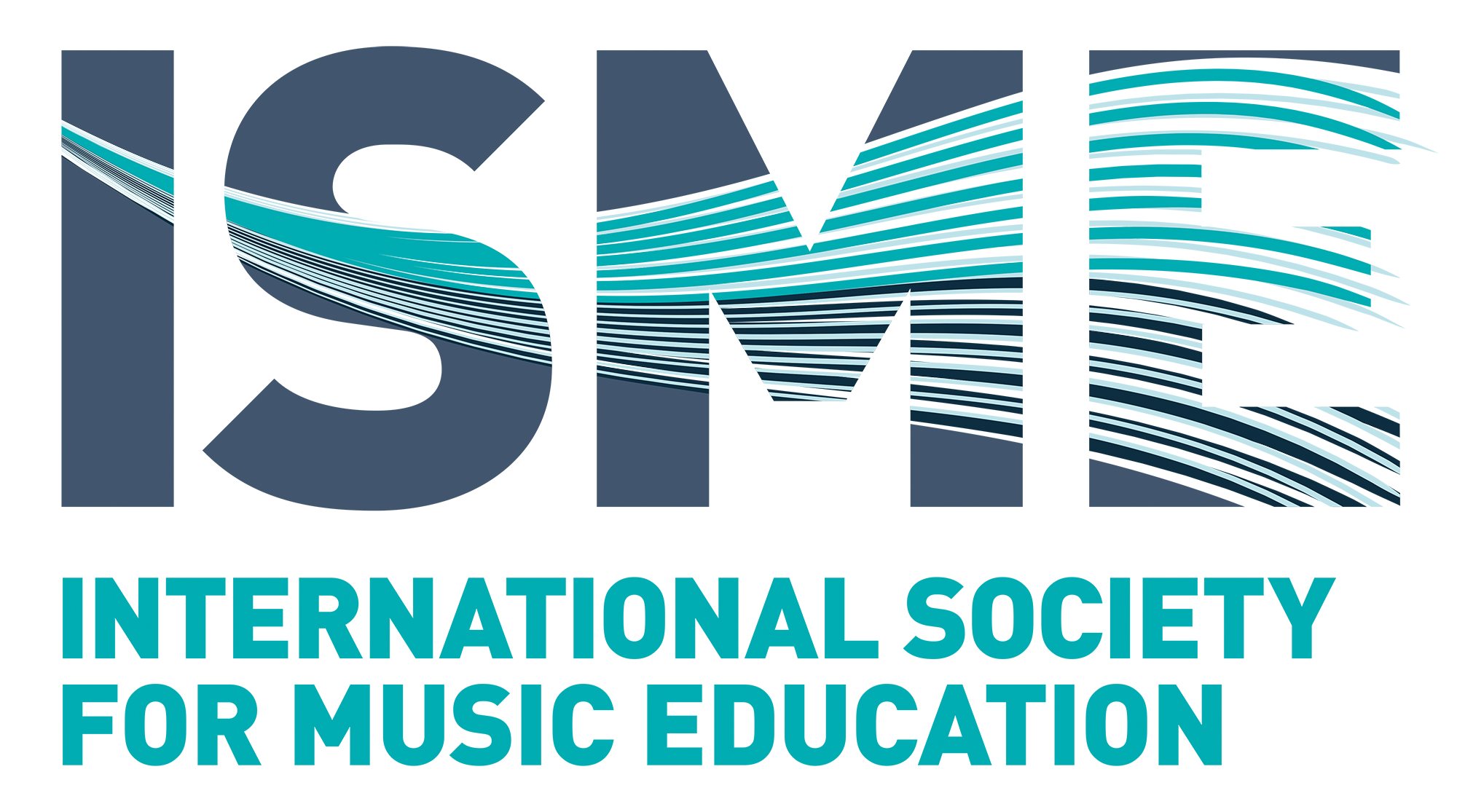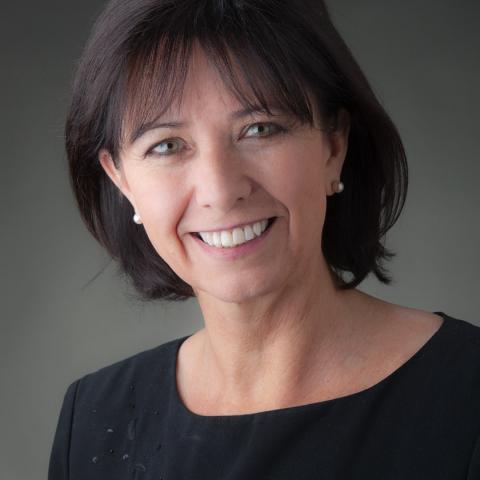This blogs adopts a less formal style than some other submissions, with the intention of encouraging informal member feedback and interaction.
Within the framework of nurturing socially consciousness environments, we embrace diversity and seek to nurture students who thrive and are empowered to positively impact social change. Ideally, the “where” of music teaching, whether an architecturally-magnificent building, or simply the shade of a protective tree, becomes the bedrock for enacting principles of equity and respect for all. In achieving such an end, we might question how might our musical worlds favor one gender, sexual orientation, race or culture over another? How are those with exceptiolities engaged in what we do?
Moment by moment, each positive step taken towards inclusion chisels away at vast histories of discrimination across the world. How might we be pioneers and engage students from backgrounds that offer little access to music education? How do we invite them into our settings? Should we expand our horizons and go out to their locations? Their marginalisation may have been the result of any number of socio-economic and political biases and it may take exceptional courage for us, the students, and their families to supersede these. However, imagine the empowerment of these individuals and communities if we succeed!
Our exploration of pedagogies for learning and applying principles of social justice in music education are surely as varied as the cultures we represent. Hopefully you will enrich our thinking by sharing your approaches. Key pedagogies might include providing opportunities in musical engagement that develop self-reflective and critical thinking, with the ultimate intention of leading towards the expression of student voice and enablement of action. Through analysing, performing, and composing music that addresses socially conscious issues, students may grapple with local and global realities, empathy building, sharing of personal stories, and determining meaningful courses of action. However, for some students, it may be a long journey of developing trust in others and belief in one’s own value before expression of voice is even possible. While students may be encouraged to think critically, not all might find it easy to articulate their ideas. The role of teachers may be crucial in helping students develop skills to successfully express their individual or collective voices and follow this through to effective expression in analysing, composing, and performing lyrics and music.
With both individual and community identity being integral to how students perceive themselves and others, our biggest challenge may be in fostering the development of a sense of dignity and worthiness within each member of our diverse populations. Some may carry burdens of family or community bullying, violence, or exclusion. Our sensitivity, paying attention, and caring may become valuable steps towards their healing. Musical communities sharing musical activities offer unique sources for achieving a sense of belonging. Our musical materials provide rich sources for reflection on inclusion or the lack of it. Even the simplest children’s games may display opinions on historical, economic, social and religious events and attitudes in the culture. Still, no matter the extent of our efforts to nurture healthy social environments, as teachers we may find our own ignorance and inadequacies (and those of others in our groups) inevitably lead to regrettable oversights and mistakes. I am the first to be guilty of such. But with each time we falter, if we have the courage to forgive ourselves and persevere, there will always be those who need our care. By providing a place of belonging for students in our musical communities, possibilities exist for experiencing healing that may lead to a strong sense of purpose and meaning.
Beyond expanding the diversity of student populations, we also seek to integrate measures of diversity within our curricula. ISME has been challenging its members for decades not to marginalise their own ethnic music, a subject raised again a few months ago in one of these newsletter blogs. Recently, ISME established a new Special Interest Group for Popular Music, an area rapidly gaining status in academic institutions, along the lines experienced decades ago by jazz music. As we proceed in expanding curricular diversity in our settings, we face challenges of avoiding stereotypes and assumptions. Can we improve our skills in applying principles of authenticity and accountability, while also showing respect for the music and its cultural contexts and “owners”?
While specific musical specialties inherently have their own limitations, beyond which they no would longer stay within that specialty, the scope for cultural adventure may yet be substantial. Upholding a motto of respect for those cultures being brought into our curricula may necessitate both expanding our own professional development and soliciting the expertise of specialist teachers in those cultures. Moving outside of our traditional program offerings, we might consider what musical cultures have possibly been designated inferior status in our neighborhoods and find ways to be more inclusive in the courses and programs we offer. As we do, assumptions may be made that non-traditional student populations will walk through our doors. However, without challenging our structures, we may find that access is denied either from the start or along the way. For example, if we decide to integrate a popular musical culture in the curriculum, barriers to access may remain if we don’t modify audition processes and entrance examinations requiring skills in more traditional musical cultures. Furthermore, if on-going success is dependent on traditional skills, then student retention in a particular program may be denied.
Each musical culture includes traditions of pedagogy naturally associated with it. We’d do well to pay attention to appropriately integrating relevant approaches, whether literacy- or aural-based learning traditions; masterclass or peer-learning scenarios.
With increasing diversity in music student populations and curricula in many parts of the world, our music teacher education programs might benefit from examining how rigorous their preparations are in these regards. What may seem normal in one part of a city or the world may be very unusual in another. We might challenge ourselves to consider the relevancy of the student socioeconomic populations included in our teaching internships and ask important questions such as:
- What experience do our teachers-in-training have of working with different races, genders, cultures and exceptionalities?
- Do they have opportunities to teach in rural, suburban and urban areas?
- Are they given tools to recognise their own inadequacies and to grow as individuals and professionals in flexibility and adaptability?
- Have they been given opportunities for listening and empathy-building?
- What relevant musical skills and teaching methodologies will they need outside of their own comfort levels?
- Have they developed philosophical approaches that will provide flexible frameworks for focusing not just on musical, but broader social goals?
- Are they equipped musically, psychologically and socially for the populations they will teach?
As teachers, we live in a world of increasing change and challenge, often lurching from one crisis to another. But simultaneously, our capacity to follow our curiosity, exposing our minds to new ways of thinking, and engaging with one another locally and across international borders brings our generations multiple advantages in sharing and celebrating the uniqueness, diversity, and commonality of humankind. May we embrace these in our teaching, empowering students to let their voices be heard and their music impact the world!
Rather than emphasising answers, I have sought to pose questions and offer a few possible suggestions and challenges, while inviting your ideas. Do you have experiences, thoughts or examples to share? Please comment below.












